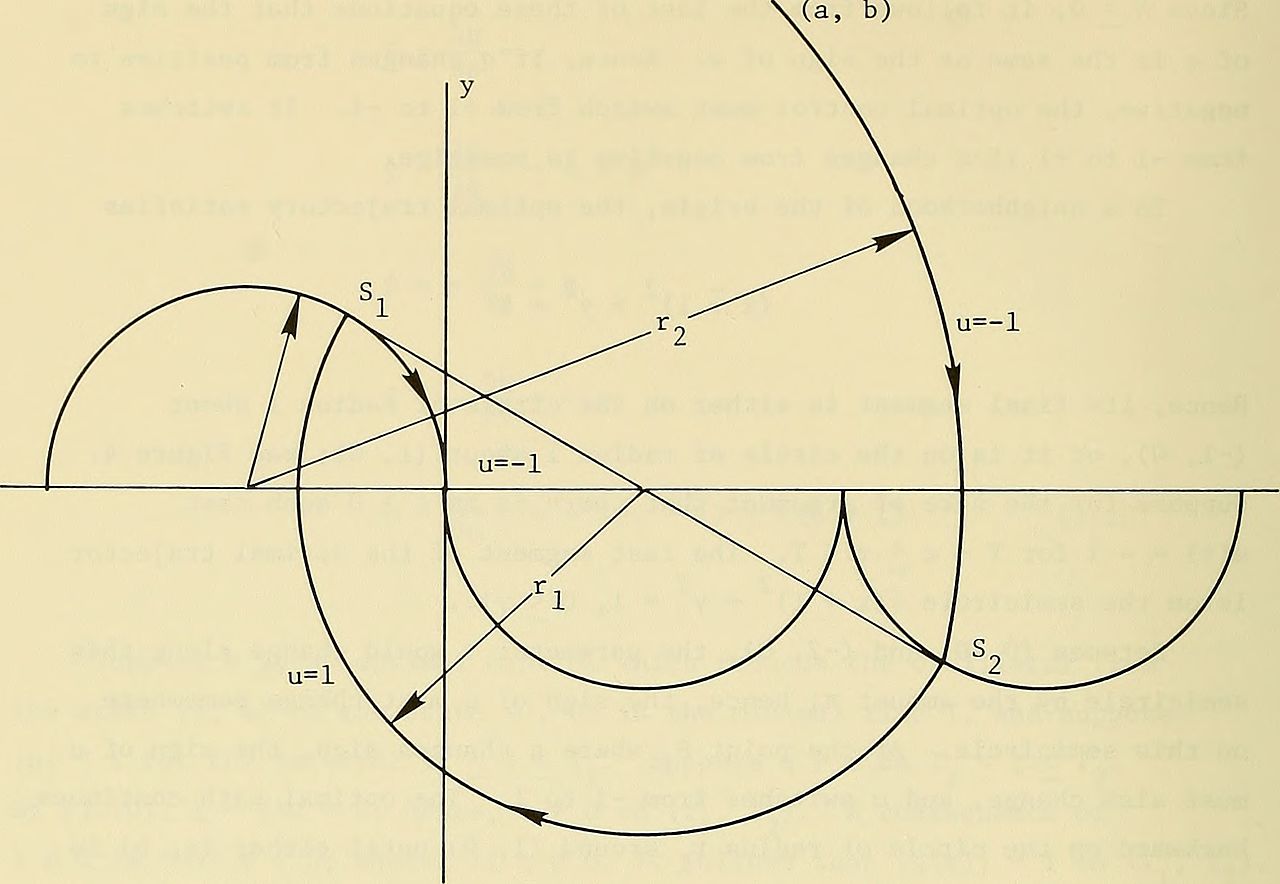- You are here:
- Home
The workshop is a part of GTMAP activities of the thematic semester on Control (Spring 2018).
This is a half day workhop on a panorama of mathematical questions in Dynamics and Control, presented by some people in the school of Mathematics and Physics.
2-2:30 Howie Weiss on "Collateral sensitivity of antibiotic-resistant microbes: Modeling insights informing in-vitro studies"
2:30-3 Predrag Cvitanovic on "A spatiotemporal theory of turbulence : computational approaches"
3-3:30 Luca Dieci on "Periodic orbits of planar discontinuous systems under discretization"
3:30- 4 BREAK
4-4:30 Federico Bonetto on "Nash Equilibria in Decentralized Economies with Fiat Money"
4:30-5 Haomin Zhou on "A Brief Introduction to Optimal Transport on Finite Graphs"
Prof. Howie Weiss (GT Math, Emory Biology and Public Health)
Title: Collateral sensitivity of antibiotic-resistant microbes: Modeling insights informing in-vitro studies
Abstract: Antibiotics have greatly reduced the morbidity and mortality due to infectious diseases. Antibiotic resistance constitutes a significant threat to human health. One strategy to help combat resistance is to find novel ways to use existing drugs, even those that display high rates of resistance. For some species, pairs of antibiotics have been identified for which evolution of resistance to drug A increases sensitivity to drug B and visa versa. These research groups have proposed cycling such pairs to treat infections, and similar treatment strategies are being investigated to treat various cancer forms as well.
While an exciting treatment prospect, no cycling experiments have yet been performed with consideration of pharmacokinetics (PK) and pharmacodynamics (PD). To test the plausibility of this scheme and search for ways to optimize it, we create a mathematical model with explicit PK-PD considerations. We study several possible treatment protocols using pairs of collaterally sensitive antibiotics, and investigate the speed of ascent of multiply resistant mutants.
Prof. Predrag Cvitanovic (GT Physics)
Title: A spatiotemporal theory of turbulence : computational approaches
Abstract: The recurrent flows observed in moderate Reynolds number turbulence are shaped by close passes to unstable invariant solutions of Navier-Stokes equations. While in recent years many such solutions been computed, so far all have been confined to small computational domains.
Pipe, channel and plane flows, however, are flows on infinite spatial domains. If the Navier-Stokes equations are recast as a space-time theory, with both space and time taken to infinity, the traditional Direct Numerical Simulation codes have to be abandoned. In this theory there is no time, there is only a repertoire of admissible spatiotemporal patterns. To determine these, radically different kinds of codes will have to be written, with space and time treated on equal footing: some of the possible approaches will be sketched.
Prof. Luca Dieci (GT Math)
Title: Periodic orbits of planar discontinuous systems under discretization
Abstract: We consider a piecewise smooth planar system having an attracting periodic orbit of transversal type. For this, we look at the discrete system resulting from a Euler discretization with fixed stepsize. We show that, in general, the resulting discrete dynamical system does not possess an invariant curve, unlike what happens for smooth problems. Still, we show that the discrete trajectories are forced to remain inside a band, whose width is proportional to the stepsize. We further show that by forcing the numerical solution to step exactly on the discontinuity line, then there is a discrete periodic solution near the one of the original problem. Finally, we consider what happens to the Euler discretization of the regularized system, and give evidence that the discrete solution undergoes a sequence of period doubling bifurcations with respect to the regularization parameter. Joint work with Timo Eirola and Cinzia Elia.
Prof. Federico Bonetto (GT Math)
Title: Nash Equilibria in Decentralized Economies with Fiat Money
Abstract: We study the dynamics of a simple economy made by agents that can exchange goods and fiat money. The model was initially introduced '97 by Kiyotaki and Wright to discuss the origin of fiat money and its relation with commodity money. Notwithstanding its simplicity, the dynamics it generate is rather challenging. I'll try to explain the issues involved and possible solutions.
Prof. Haomin Zhou (GT Math)
Title: A Brief Introduction to Optimal Transport on Finite Graphs
Abstract: Optimal transport theory in continuous space has been extensively studied in
the past few decades. In this talk, I will present similar matters on discrete
spaces. Various recent developments related to free energy,
Fokker-Planck equations, as well as Wasserstein distance on graphs will be discussed,
some of them are rather surprising. This presentation is based on several joint
papers with Shui-Nee Chow (Georgia Tech), Wen Huang (USTC), Wuchen Li (UCLA),
Yao Li (U. Mass), Haoyan Zhai (Georgia Tech).
Event Details
Date/Time:
-
Friday, April 13, 2018 - 3:00pm to 6:00pm

